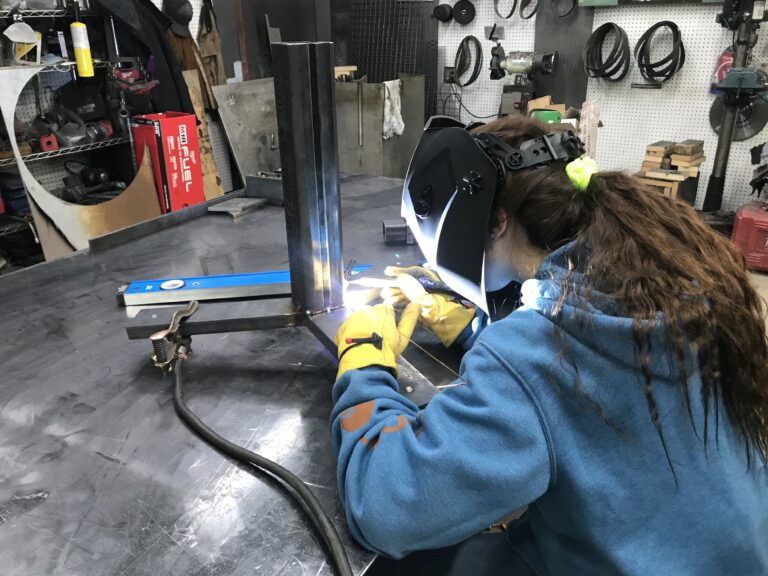Colorado faces a significant challenge for our learners and businesses: Nearly 70% of Colorado’s high school graduates do not receive the education they need to get a job that leads to economic mobility.
Our goal is to ensure that Coloradans grow up in an education system that gives them access to pathways to success. We believe all Colorado learners should be able to access Colorado’s jobs.
Over the last three years, Colorado Succeeds has worked with partners to lay the groundwork for transformative changes to Colorado’s education and training system through state task forces and on-the-ground stakeholder engagement.
With this in mind, our 2024 policy agenda focuses on three key priorities to push the system to work best for our state and its learners.
Revising our school funding formula to be student-centered

Colorado’s schools need a funding model that reflects the students they serve. The State’s current approach to funding schools has remained mostly the same since 1994 and doesn’t sufficiently focus on those students’ needs.
Though many legislative committees have worked on changes over the last three decades, none have been fully integrated. However, last fall, the legislature convened a group of district leaders and advocates in a new taskforce. That group successfully agreed on comprehensive recommendations to significantly revise the formula to be more student-centered and, if adopted, will ensure that the needs of students from at-risk, English Language Learners, special education, and students in rural districts are all prioritized.
Colorado Succeeds is working with partners to champion these recommendations and secure historic changes to Colorado’s funding approach for the first time in thirty years.

Creating a System that Gives All Students Access to a College and Career Pathway
All Colorado’s high school students should graduate ready for their next step with not only a high school diploma but also at least one of the following:
- A credential recognized by industry that helps get them a job,
- College credit aligned with the pathway they want to pursue that reduces the cost of getting a college certificate or degree,
- A high-quality career-connected learning experience that allows them to get real-world exposure to a career and a workplace.
While Colorado has a robust set of programs, data show that the current system does not provide equitable access to those programs for all students.
Colorado’s Secondary, Postsecondary and Work-Based Learning Taskforce just released a bold set of recommendations for integrating and simplifying the current system so more people can benefit.
In 2024, Colorado Succeeds hopes to work with the original bill sponsors to make progress toward two key recommendations: streamlining program administration and creating a comprehensive report on outcomes for all programs. Addressing these two foundational recommendations will pave the way for implementing all other recommendations in the report, ultimately transforming the experience of students.
Working with Business to Ensure the Talent Development System is Meeting Business Needs

Workforce is a top issue for Colorado’s businesses. For many years, Colorado has been able to import an educated workforce and avoid addressing Colorado’s skills gap. And with too many Coloradans without the right education, skills, and/or experiences, Colorado’s businesses cannot find the homegrown workforce they need to thrive.
Last fall, Colorado Succeeds joined with the state’s leading business organizations to launch the Education to Employment Alliance. Based on direct feedback from business, the Alliance identified five recommendations for industry to come together with learning providers and government entities to boost homegrown residents’ career pathways, trainings, and earnings.
This year, Colorado Succeeds will work with the Alliance to pursue policies that address the report’s recommendations, focusing on creating regional talent development goals and streamlining and incentivizing employer participation in career-connected learning. These policies have the potential to bring business to the table in a meaningful way and provide them the resources they need to dramatically increase the number of learning and internship opportunities across Colorado.
Read more about those recommendations in our report, “Maximizing Human Potential and Economic Mobility for Coloradans.”
We look forward to working with state legislators across the political spectrum to ensure that Colorado’s education and training ecosystem is ensuring our learners access our growing economy and achieve their full potential.
To learn more or get involved, please contact Katie Zaback, Vice President of Policy.
